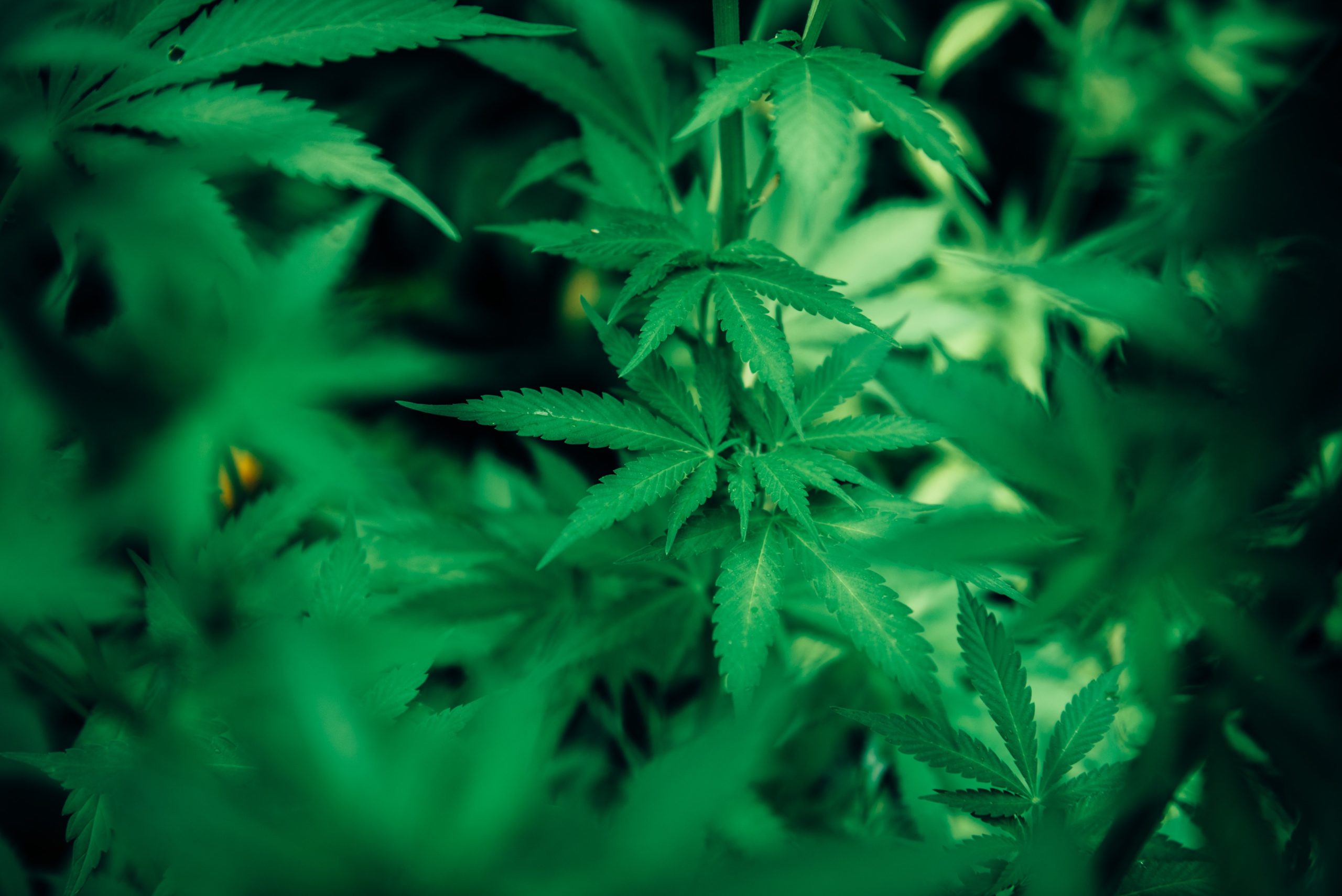
Unlocking the Truth: Debunking Myths About CBD Side Effects
In recent years, the use of CBD (cannabidiol) products has gained remarkable popularity for their potential health benefits. However, alongside the surge in interest, numerous misconceptions and myths about CBD side effects have also emerged. This article aims to clear the air by addressing and debunking these myths with factual information and expert insights. If you’re looking to understand the truth about CBD side effects, you’re in the right place.
Unlocking the Truth: Debunking Myths About CBD Side Effects
CBD, a non-intoxicating compound derived from the hemp plant, has shown promise in a wide range of applications, from managing anxiety to alleviating chronic pain. As its popularity continues to soar, it’s essential to dispel some common myths surrounding CBD side effects and provide accurate information for those considering its use.
Myth 1: CBD is Psychotropic like THC
Contrary to the belief that CBD can alter consciousness like its counterpart THC (tetrahydrocannabinol), CBD does not possess psychotropic properties. THC is responsible for the “high” associated with marijuana, while CBD does not induce any such effects. Studies suggest that CBD interacts with different receptors in the body, contributing to its potential therapeutic benefits without causing euphoria.
Myth 2: CBD is Addictive
One prevailing misconception is that CBD is addictive. However, extensive research indicates that CBD is non-addictive. The World Health Organization (WHO) has stated that CBD does not exhibit the potential for abuse or dependence. In fact, CBD may even help individuals manage addictive behaviors by affecting receptors related to addiction in the brain.
Myth 3: CBD Causes Liver Damage
Claims that CBD can harm the liver have raised concerns. Yet, these assertions are often based on misinterpretations of studies. While high doses of CBD might, in rare cases, lead to transient increases in liver enzymes, this does not equate to liver damage. For most users, CBD is well-tolerated and does not pose a significant risk to liver health.
Myth 4: CBD Impairs Cognitive Function
Another myth suggests that CBD can impair cognitive function. On the contrary, CBD may have neuroprotective properties that could potentially counter cognitive decline. Some studies even suggest that CBD might enhance cognitive function by promoting neurogenesis—the formation of new neurons in the brain.
Myth 5: CBD is Always Safe, Regardless of Dosage
While CBD is generally well-tolerated, the notion that it’s universally safe at any dosage is misleading. As with any substance, the effects of CBD can vary based on factors such as individual tolerance and metabolism. It’s advisable to start with a low dose and gradually increase it while monitoring your body’s response.
Myth 6: CBD Works Instantaneously
Expecting immediate results from CBD is unrealistic. While some individuals may experience rapid effects, others might need consistent use over time to notice significant changes. Patience is key when incorporating CBD into your wellness routine.
Debunking FAQs
Q: Can CBD make me fail a drug test?
A: CBD is unlikely to result in a positive drug test for THC, but it’s crucial to choose products with minimal THC content to minimize any potential risk.
Q: What are the potential interactions of CBD with medications?
A: CBD can interact with certain medications. Consult a healthcare professional before using CBD if you’re on prescription drugs.
Q: Can I drive after using CBD?
A: CBD generally doesn’t impair driving, but it’s wise to understand how your body reacts to it before getting behind the wheel.
Q: Is CBD safe during pregnancy?
A: Limited research makes it advisable to avoid CBD during pregnancy and breastfeeding to ensure the health of both the mother and the baby.
Q: How can I ensure the quality of CBD products?
A: Opt for products that undergo third-party testing and provide a Certificate of Analysis (COA) to verify their potency and purity.
Q: Can CBD interact with other supplements?
A: CBD can interact with other supplements, so it’s advisable to consult a healthcare professional before combining them.
Conclusion
As the world of CBD continues to expand, separating fact from fiction is crucial. The myths surrounding CBD side effects can discourage potential users from exploring its potential benefits. By debunking these myths and providing accurate information, we hope to empower you to make informed decisions about incorporating CBD into your wellness journey. Remember, consulting a healthcare professional before starting any new regimen is always a prudent step.
Unlock the truth, embrace the potential, and embark on your journey to holistic well-being with CBD.